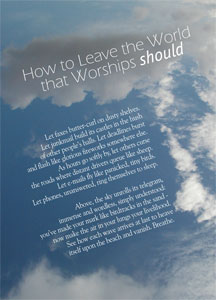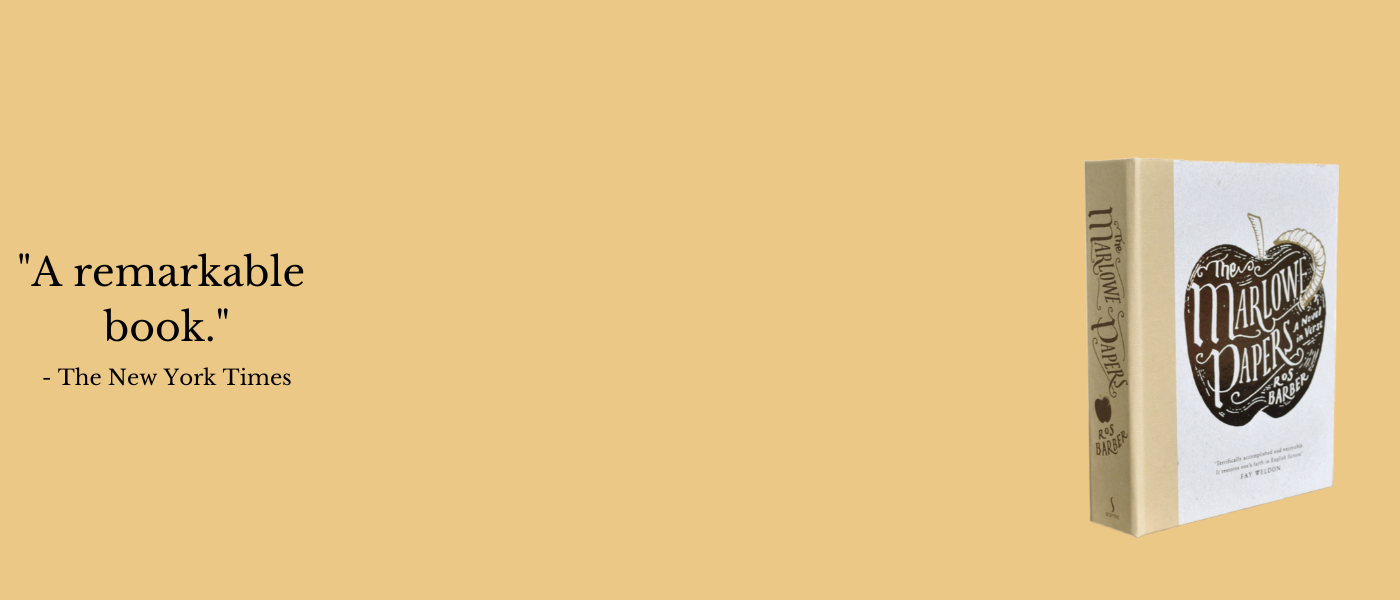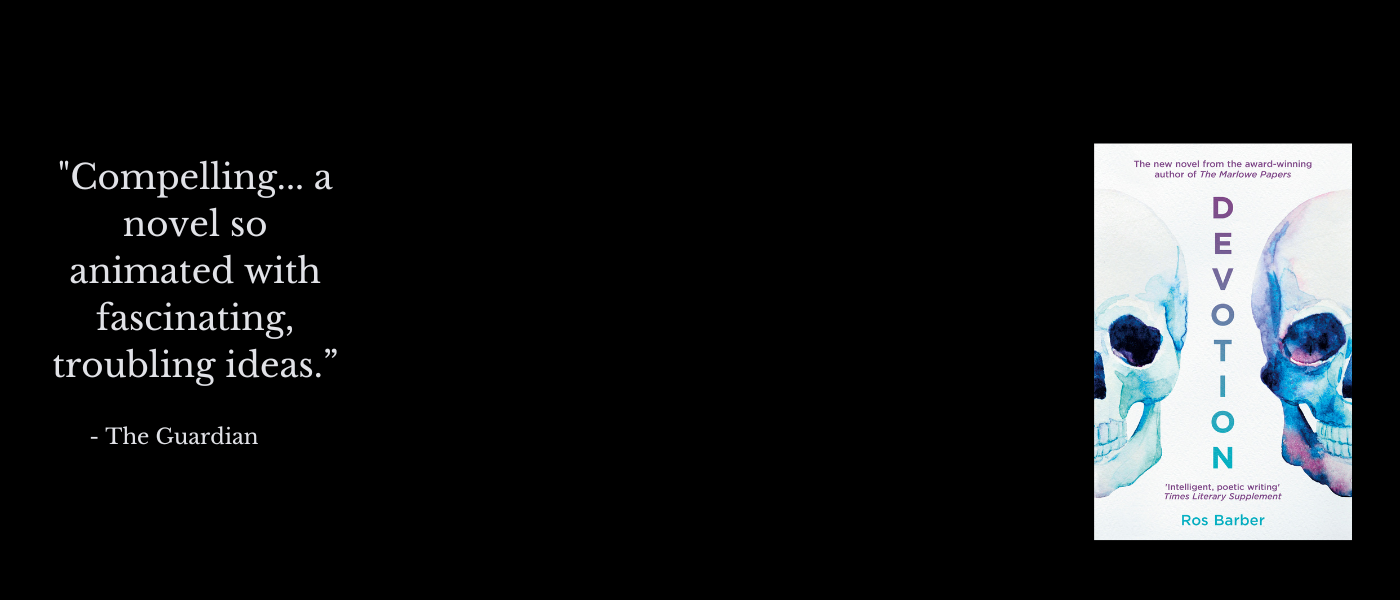 I want to say a little something about the poem ‘How to Leave the World that Worships Should‘ because so many people have been coming here looking for it since it appeared on the English Literature GCSE syllabus last year. I’ll leave the analysis to others because my days of doing other people’s homework are over. Unless you’re going to threaten to flush my head down the toilet, obviously. I will, however, give you a small hint about the title, which I know flummoxes some people. The word ‘should’ should be in italics, or inverted commas. How to leave the world that worships (the word/concept of) ‘should’. Simple enough, once that’s clear, although I know when the poem reproduces itself on websites the italics or quote marks can disappear, making the title utterly nonsensical.
I want to say a little something about the poem ‘How to Leave the World that Worships Should‘ because so many people have been coming here looking for it since it appeared on the English Literature GCSE syllabus last year. I’ll leave the analysis to others because my days of doing other people’s homework are over. Unless you’re going to threaten to flush my head down the toilet, obviously. I will, however, give you a small hint about the title, which I know flummoxes some people. The word ‘should’ should be in italics, or inverted commas. How to leave the world that worships (the word/concept of) ‘should’. Simple enough, once that’s clear, although I know when the poem reproduces itself on websites the italics or quote marks can disappear, making the title utterly nonsensical.
No, no analysis, because I would hope – outside the demands of exams etc – that it doesn’t need one. But I will give a little background.
First off, I should tell you this poem owes its existence to the generous funding of Arts Council England and two lovely people who worked at Canterbury City council nearly a decade ago. So if you like this poem, support the funding of the arts! The two lovely people had seen me speak about my public art commissions at a conference and approached me to write a number of poems about Herne Bay, on the coast of Kent. We ended up agreeing on eight sonnets (which became known as the Seaside Sonnets), and this was the first. The day I wrote it, I knew it was something a little bit special. Since then it has proved to be so: popular in postcard form with people working in cubicles, it has proliferated itself all over the internet. Someone even posted it on the Bolton Wanderers fan forum, at which point I realised it was really going mainstream.
I wish all my poems spoke to all manner of people the way this one does. It’s been amazing to watch it, in the last nine years, get a life of its own. That it’s now introducing thousands of young people to my poetry is very exciting. So long as it doesn’t cause anyone pain! I also wish all my poems came so easily; it was more or less complete in under an hour. But it would be hard to recreate the circumstances of its birth. For one thing, I hadn’t written a poem for nearly a year: while pregnant with my daughter, I lost the ability to create anything but baby. Everything I wrote was garbage, so I stopped writing (what’s the point in demoralizing yourself?). In May 2004 she was eight months old and for two thirds of a year I’d been devoted to nothing but the all-consuming business of early motherhood. Beyond the relentless rigours of baby care, the smallest of tasks were swamping me. Keeping on top of my e-mail was impossible. Professionally, I was overwhelmed and inefficient. But I still managed to get the commission lined up somehow, and one sunny morning in early May, I drove to the Kent coast.
It was the first day I’d spent in my own company since my daughter was born. Alone in the car, free of responsibilities, the peace was glorious. I was listening to Radio 4, and they were reading from the book ‘In Praise of Slow’. I took my foot off the accelerator a little. I stopped rushing. I arrived at Herne Bay and strolled the seafront. The sun was warm on my skin, it was ten in the morning, and there wasn’t another soul in sight. Though I don’t remember, I suppose the title must have arrived first; the opening came very easily, and by the time I had a few lines in my head I knew I must get to a cafe and get out the laptop.
And if you think you can hear Auden’s most famous poem, you’re right.
How to Leave the World that Worships Should
Let faxes butter-curl on dusty shelves.
Let junkmail build its castles in the hush
of other people’s halls. Let deadlines burst
and flash like glorious fireworks somewhere else.
As hours go softly by, let others curse
the roads where distant drivers queue like sheep.
Let e-mails fly like panicked, tiny birds.
Let phones, unanswered, ring themselves to sleep.
Above, the sky unrolls its telegram,
immense and wordless, simply understood:
you’ve made your mark like birdtracks in the sand –
now make the air in your lungs your livelihood.
See how each wave arrives at last to heave
itself upon the beach and vanish. Breathe.
If you want to hear me reading this poem, go here.


Beautiful, brilliant observation, with perfect precision in this: Let phones, unanswered, ring themselves to sleep.
lovely poem Ros… reminds us of what all the fuss about poetry is there for.
I think this poem represents everything the world is about. In the words of Miley Cyrus, Ros, “I adoooooooooore yououououuuuuuuu”. Fabulous & innotive. Brilliant work Ros
Love this little poem! I have decided to recite this poem at The Poetry Challenge at the Poetry Cafe in Covent Garden on 10 October. I organise this annual event in memory of Nicholas Albery, author of Poem For The Day book one. I will recite for the Natural Death Centre, a charity we founded in 1991. I aim to raise £1000. Come and recite a poem and get sponsored for a charity of your choice? Musicians and singers are welcome too!
You can perform your own poem or any poem, or do create your own Poetry Challenge where you are. Have fun! See How To Take Part: http://www.thepoetrychallenge.org.uk/#!how-to-take-part/c8k2
reflects the situation we’re having now . Brilliant & Beautiful :-*
Came across this poem when invigilating this Summer and loved it! Thank you for a moment’s peace.
Really good
Gosh! What a lovely Sonnet! Thank you. Encapsulated so much. Which the form should do (I am taught…..!) AND you were given as an example. Lucky students we! Thank you. So important to keep the balance in life. So difficult to do sometimes.